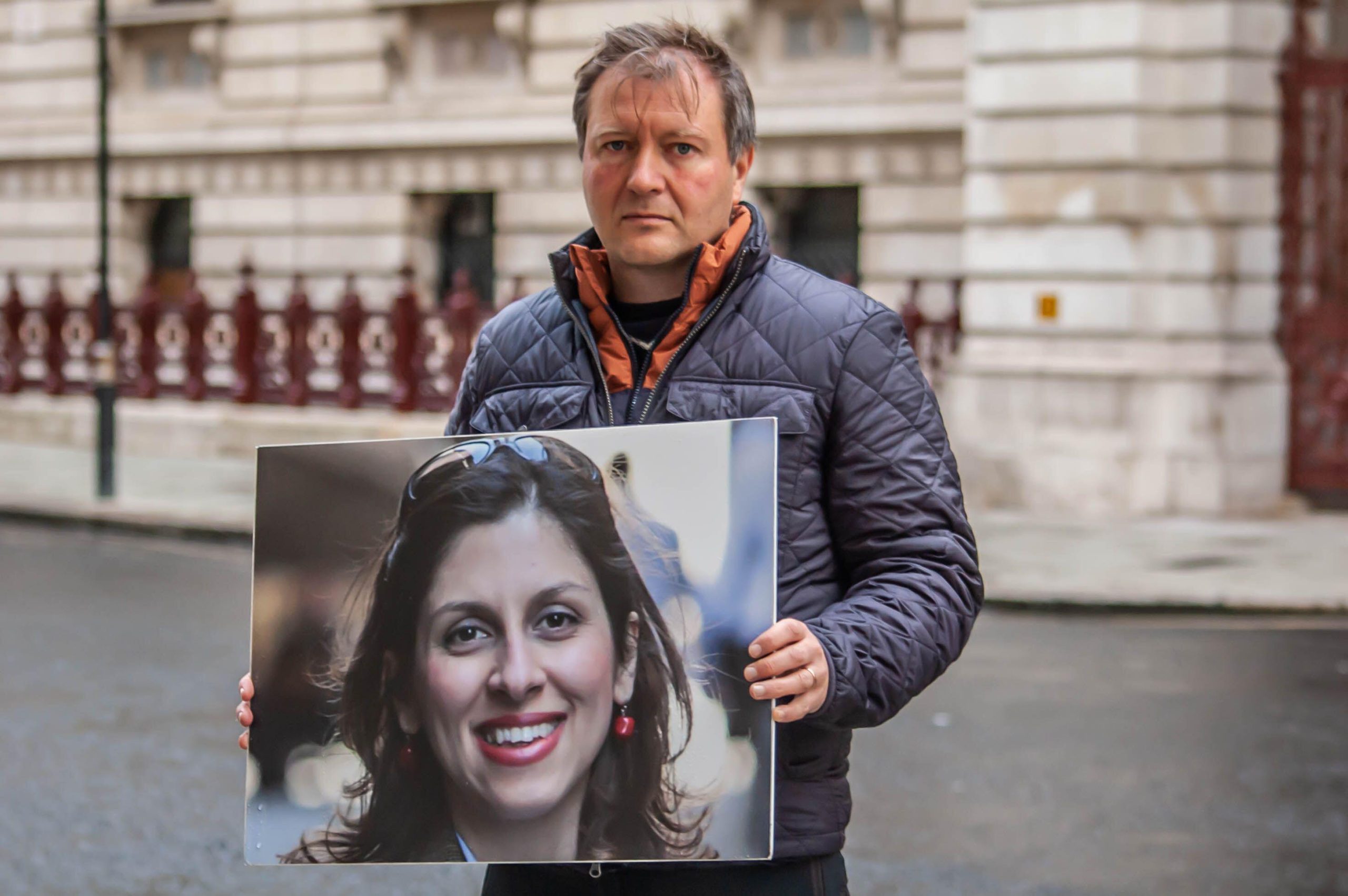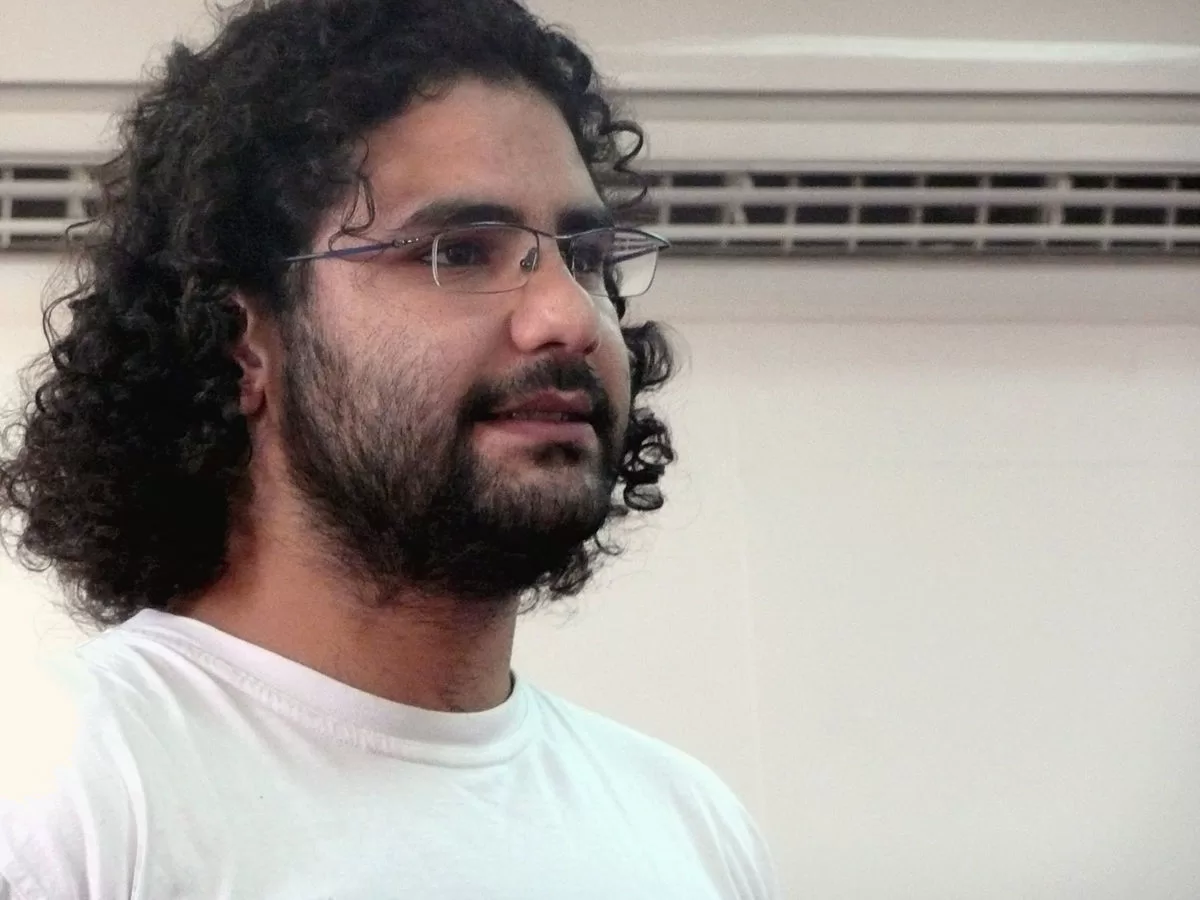Egyptian Information Minister Salah Abdel Maqsoud — a member of the Muslim Brotherhood’s ruling Freedom and Justice Party (FJP) — faces mounting pressure to resign, amid allegations that he sexually harassed a young female journalist.

Media workers protest in 2012 over plans to try to close one of the oldest printing press firms in Egypt – Khaled Basyouny / Demotix
Speaking at an awards ceremony honouring journalists for courageous reporting last weekend, Abdel Maqsoud was interrupted by reporter Nada Mohamed, who asked “where is press freedom when journalists are being attacked and killed?” The Minister responded with “come here and I will show you where media freedom is” — provoking an uproar from journalists, activists, bloggers, and TV talk show hosts, who suggested that his comments — made in Arabic — had a “sexual connotation”.
In a Facebook post, Mohamed (who works for Arabic news site Hoqook, and received an award during the ceremony) said that the Minister’s comments “shocked and disappointed” her. This isn’t Abdel Maksoud’s first time stirring controversy with “indecent” remarks: during a live interview on Dubai TV last year he said to television host Zeina Yazigi, “I hope the questions are not as hot as you are.” Clearly embarrassed by the remark Yazigi retorted with “my questions are hot but I am not.”
Abdel Maqsoud’s impertinent remarks coincided with protests by State TV employees outside the TV building in Cairo’s downtown district of Maspero over anticipated pay cuts for broadcasters on Sunday. Egypt’s Radio and Television Union has been facing a staggering debt of approximately 20 billion LE, which Abdel Maqsood says has been inherited from the previous administration.
Demonstrators also complained of “a government plot to ‘Ikhwanise’ the media” (a term used to refer to the appointment of members of the Muslim Brotherhood in key positions). They also expressed frustration with “continued interference by senior management in editorial content”, claiming that “editorial policies remain unchanged” and that they “continue to face restrictions on their reporting.”
The Minister has denied the accusations, insisting that media in the Egypt “now enjoys greater freedom than ever before.” During an interview with MBC-Egypt following Abdel Maqsoud’s inappropriate remarks, Mohamed and the programme’s host, Mona El Shazli, acknowledged that the media was much freer in Egypt post-revolution. El Shazli, however, lamented that the crackdown on journalists today is far more brutal, adding that “journalists face intimidation, physical assaults and even death in an attempt to silence voices of dissent.”
According to the Egyptian Organisation for Human Rights, the Public Prosecutor’s Office has received more than 600 legal complaints against journalists since Morsi entered office in June 2012. Shortly after coming under fire for the Public Prosecutor’s investigation of popular TV satirist Bassem Youssef for insulting Morsi and Islam, the President’s office withdrew all lawsuits filed by the presidency against journalists “out of respect for freedom of expression.”
The Minister has also insisted that the government was working to abolish laws allowing for the imprisonment of journalists for what they publish. In an effort to appease TV employees, he also promised them 10 per cent of revenues from advertising. Critics, however, say that Abdel Maqsoud’s latest remarks are “too little, too late.” Producer for the state-sponsored Nile Cultural Channel, Tarek Abdel Fattah, said during the protest Sunday that “the days of Abdel Maqsoud as Minister are numbered. A cabinet reshuffle is expected in the coming weeks and we are hoping that there will be no Minister of Information in the new lineup.”
“What has Abdel Maqsoud done beside build a wall and erect barricades around the building?” he asked.
Abdel Maqsoud had earlier said that he would be Egypt’s last Minister of Information, as plans are underway for the establishment of a new Media Council to replace the Information Ministry. According to Egypt’s new constitution, the proposed media council would “promote press freedom while preserving the moral values of the society.” While abolishing the Ministry of Information would fulfil one of the Egypt’s young revolutionaries, many of them are concerned that the new charter may undermine freedom of expression.
“We do not need another body or organisation to regulate the media”, Sameh Kassem, of independent newspaper Al Dostour, told Index. “In the Digital Age, readers, viewers and listeners should be able to decide for themselves what they can or cannot read, watch and hear”, he said. “A media council and the Ministry of Information are just two different faces of the same coin.”




